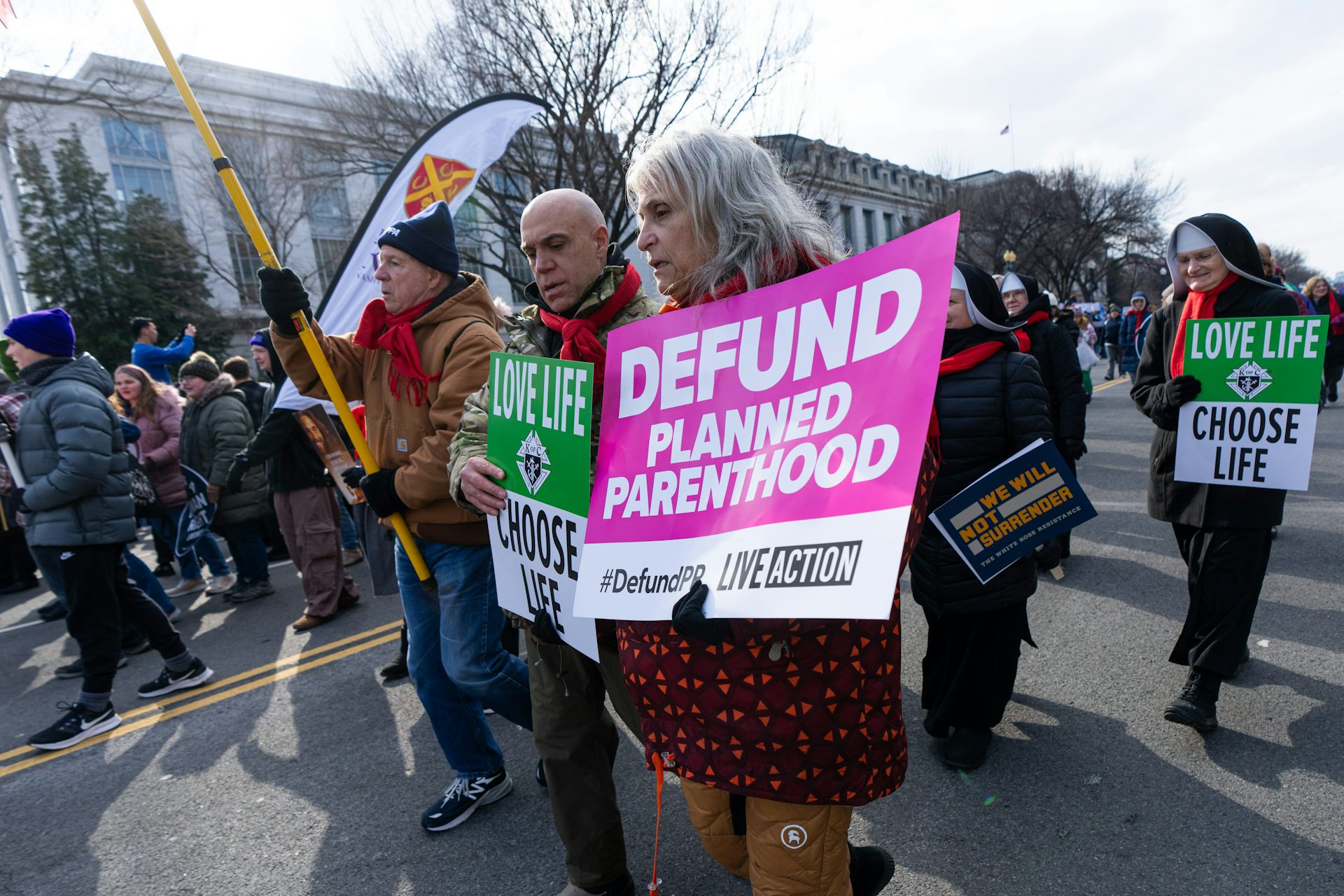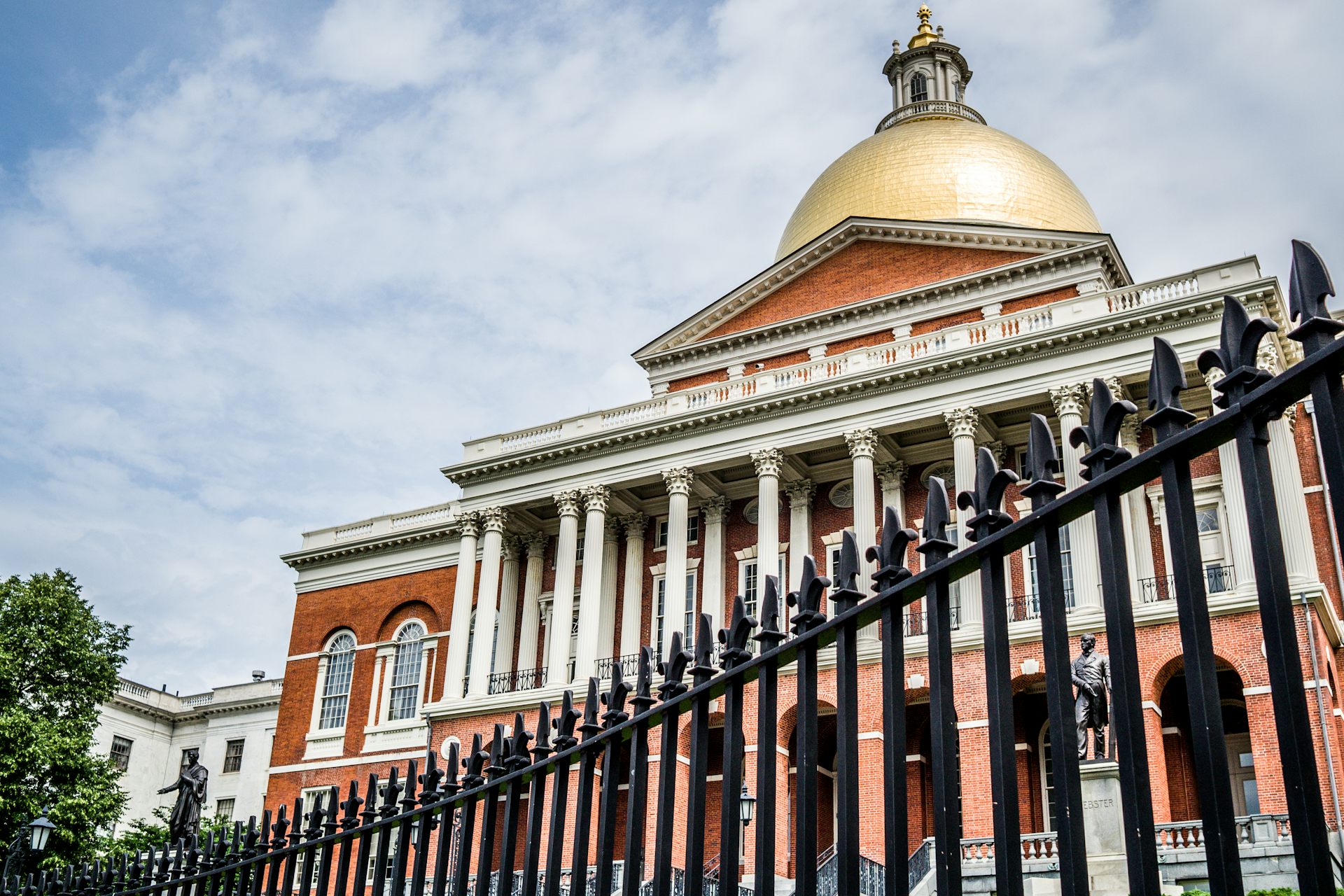Biden's dragging poll numbers won't matter in 2024 if enough voters loathe his opponent even more
It doesn’t make for inspiring politics, but political scientists have determined that for candidates, it’s more valuable to have an unpopular opponent than to be personally popular yourself.

Commentators were quick to note President Joe Biden’s low job approval and favorability ratings after he announced his long-expected reelection bid on April 25, 2023.
Others have publicly urged Biden not to run again because of his advanced age. Biden’s popularity has never really recovered following the botched withdrawal from Afghanistan and the COVID resurgence in the summer of 2021.
But if former President Donald Trump becomes the Republican nominee – right now he’s leading the primary polls by a fairly wide margin – then Biden is in better shape than the analysts and pundits give him credit for. That’s because Trump remains even more unpopular than Biden.
Recent political science findings reveal that for most candidates, it’s more valuable to have an unpopular opponent than to be personally popular yourself. This is a phenomenon called “negative partisanship,” and it’s one of the key reasons why voters often feel like they’re constantly choosing between the lesser of two evils rather than the better of two goods.

Party loyalty and negative partisanship
It’s been well documented that rates of loyal partisan voting – that is, voting for the same party for president, U.S. Senate and U.S. House – have increased dramatically over the past several decades. But in a 2016 academic article on the subject, political scientists Alan Abramowitz and Steven Webster found that these increases were highest among voters with strong negative feelings about the opposing party. They also found that these negative feelings about the other party have bigger effects on voters’ choices in elections than positive feelings about their own party.
In other words, the more you dislike the other party, the more loyal you’ll be to your own party.
These days, negative partisanship shows up everywhere in American politics, particularly for Democrats.
In the 2020 and 2022 elections, for example, Democratic donors from across the country contributed millions to Democratic candidates like Amy McGrath in Kentucky and Marcus Flowers in Georgia.
What do these candidates have in common? They both lost to Republicans whom Democrats despise: McGrath lost to Sen. Mitch McConnell, and Flowers lost to Rep. Marjorie Taylor Greene.
Neither of the Democratic opponents ever stood much of a chance. Their contributors were motivated not so much by the possibility of winning these races but by the satisfaction of putting up a fight against two of the Democrats’ most notorious foes in Washington.
As a candidate, Biden already has been the beneficiary of negative partisanship. In the 2020 primary, Biden was not most Democrats’ ideal candidate in terms of agreement on the issues. Supporters of Bernie Sanders or Elizabeth Warren reported more agreement with their candidates’ ideological positions compared with Biden.
Despite this, Biden prevailed fairly easily, but not because he persuaded voters to come around to his issue positions. Instead, he harnessed negative partisanship: Democratic primary voters were not as concerned with putting forward their ideal candidate as they were about beating Donald Trump in the general election. These voters – correctly or not – saw Biden as the best shot of doing that.
In the end, the 2020 primary outcome was the result of strong negative partisanship against Donald Trump.

Not inspiring politics
What does this mean for the 2024 presidential race?
Negative partisanship appears to be working in Biden’s favor. He has the benefit of a Democratic electorate that is intensely angry at Republicans for recent legislative pushes against abortion and transgender rights.
Perhaps more importantly, Biden has a likely Republican opponent who is more loathed by Democrats – and many independents – than perhaps any politician in recent memory.
According to a recent Fox News poll, 40% of voters report having a “strongly unfavorable” view of Biden – not the numbers you’re hoping for as an incumbent. But an even higher number, 45%, feel the same way about Donald Trump.
It gets worse for Trump: According to a PBS NewsHour poll, 64% of the public, including 68% of independents, say they do not want Trump to be president again.
It’s these numbers, not Biden’s, that tell more about whether the 2020 coalition of voters will show up for Biden again – assuming that Trump is the Republican nominee.
The evidence suggests that Democrats and left-leaning independents will rally around Biden, whatever his faults, because their top priority above all others is keeping Donald Trump out of office again.
The motivating power of negative partisanship means that the combined anger directed against Republican policies and the party’s likely nominee seem poised to make Democrats and left-leaning independents fall in line, despite their lack of enthusiasm for Biden.
This isn’t the most inspiring form of politics. Surely, most Americans would prefer to vote positively for a vision of the future they can get behind rather than just settling for the least objectionable leader available.
But, for now, negative partisanship is the central force in American politics, and it’s important to be clear-eyed about its role.
Charles R. Hunt no recibe salario, ni ejerce labores de consultoría, ni posee acciones, ni recibe financiación de ninguna compañía u organización que pueda obtener beneficio de este artículo, y ha declarado carecer de vínculos relevantes más allá del cargo académico citado.
Read These Next
Winter Olympians often compete in freezing temperatures – physiology and advances in materials scien
While physical exertion helps athletes stay warm, sweating can lead to dehydration.
Federal and state authorities are taking a 2-pronged approach to make it harder to get an abortion
Four years after the Supreme Court’s Dobbs ruling gave states the power to ban abortion, further restrictions…
US experiencing largest measles outbreak since 2000 – 5 essential reads on the risks, what to do and
Public health scholars worry that the resurgence of measles may signal a coming wave of other vaccine-preventable…






